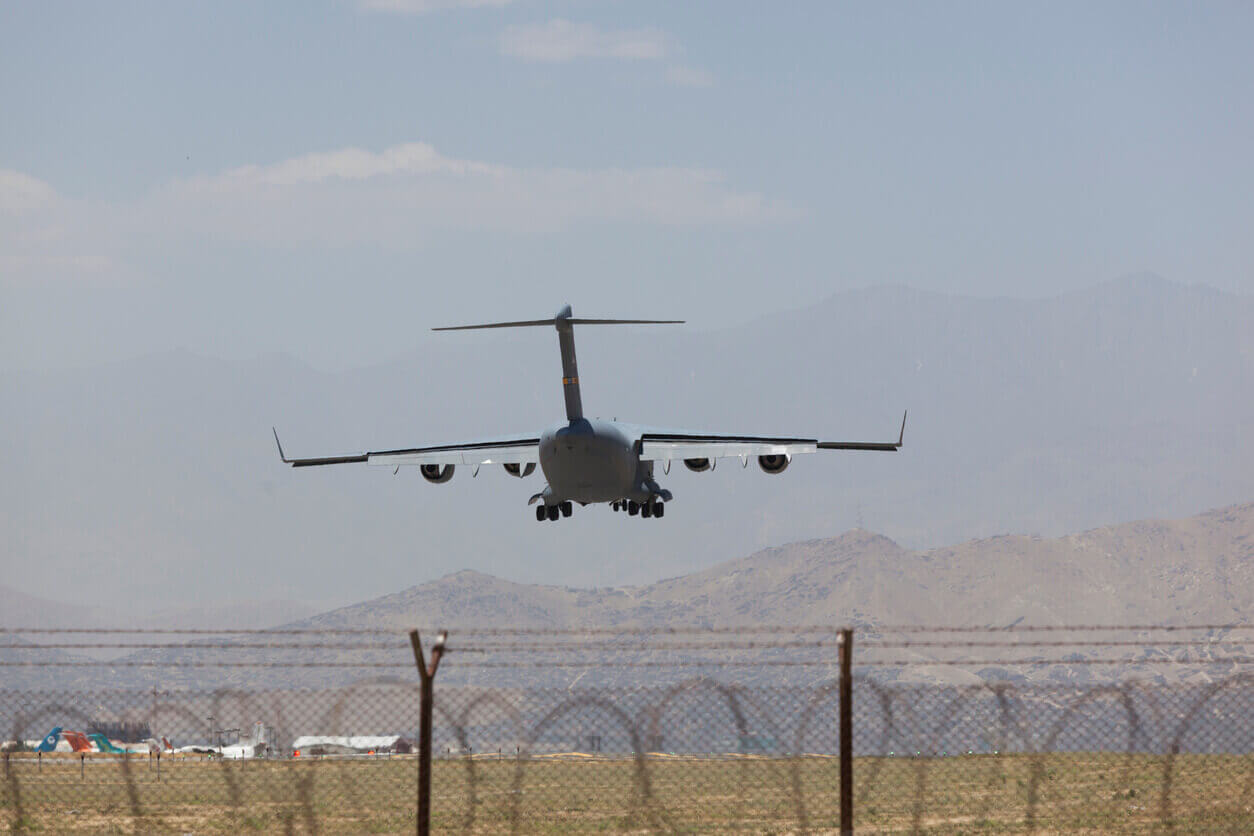
Afghanistan: How Instability There Impacts The World
Mon, 19 Jul 2021 | Reading Time: 7 minutes

Afghanistan: How Instability There Impacts The World
Lt Gen Syed Ata Hasnain (Retd)
Everybody is talking and discussing Afghanistan because of the uncertainty prevailing after a 20-year US and NATO presence. The Taliban who ruled from 1996 to 2001 and were displaced by US military power is positioning itself to secure advantage and eventually rule in Kabul. The US is withdrawing with everything thus almost deleting its capacity to coerce the Taliban into any kind of deal with the current National Unity Government. Why should the international community and especially we in India, be so concerned or perturbed if peace eludes Afghanistan?
A nation’s geostrategic location contributes to giving it its geopolitical importance. Take the example of India. Its location at the crown of the Indian Ocean sitting atop the world’s most important shipping lanes gives it maritime importance far beyond its own self-belief.
Afghanistan’s geostrategic significance is its linkage to Central Asia, Iran, China and Pakistan, and indirectly to India too; its location is central to the communication links. Its diverse ethnic composition and existence in a potent zone through which connectivity is afforded to various countries, gives it a unique advantage. An implosion within such a country always has far-reaching consequences.
The New Great Game has its tentacles and even the core centre located in this region. That involves the search for ‘spheres of influence’ in the underbelly of Russia, attempts on control over future energy resources, extensions of connectivity between Asia, the Middle East and Europe, a potential ground for breeding radical ideologies and hence global terror sanctuaries, and an important zone for international narcotics smuggling, all of which depend on transnational networks. It makes the negative potential of the area much higher than any other geographic zone in the world; actually, higher than even Syria.
Turbulence of any kind in one nation spreads rapidly into other nations. The ethnic and ideological connect between nations exacerbates the situation. Afghanistan is a classic case of internal issues of a nation going far beyond its borders, regionally and globally. Its internal politics are ridden with complexity; the Pashtuns (40%), Tajiks (33%), Hazara (11%) and Uzbek (9%) have little convergence and also maintain different linkages with regional powers.
The Taliban, essentially Pashtun, has transformed much from its last political avatar of 2001, agreeing to have even Hazara (essentially Shia) chieftains within its ranks. However, there does not appear to be any other ideological change, especially regarding the position of women in society and the role of religion in governance.
With Saudi Arabia altering its ways and looking at a more evolved ideology, will the Taliban attempt to give more political weight to radical ideology, is the question. But first, it has to comprehensively defeat the moderate elements before it can even hope to realize its dream of returning to Kabul. Although reports may indicate that all is not good for the Government forces in the field, the Afghan National Army (ANA) with its Special Forces is still formidable and a walkover is unlikely notwithstanding the reports of its defeat in a few battles. The battle may meander between tactical victories and defeats many times. In these times loyalties too will change.
The Taliban has been accorded legitimacy by the US through half negotiated agreements and unwritten promises since the negotiations never peaked into anything substantial. What appears obvious is that the US no longer wanted the presence of its soldiers in the danger zone as it expected no further positive outcomes. It was aware that the Taliban will jostle hard but it hoped that the ANA denying it an outright military victory could temper its ambition and some kind of a compromise formula would emerge.
Efforts to get the Government and the Taliban together have been made by Iran too although no formula for power-sharing has emerged; it’s also unlikely. The Taliban is much too smart for that. It fully realizes the powerful effect of its reputation in dealing with different nations as also its nuisance potential.
With territory under its belt, all crossings into neighbouring countries secured and much of the rural belts under its control it can bide its time, just as it has done for 20 years. Patience could pay dividends for it although the Government is confident of holding on and continuing to receive international support; after all it is the legitimately elected government and cannot be just wished away.
Sooner than later Kabul will come under attack and a battle of attrition could develop. If the ANA holds on and the backing of the international community continues this could develop into a Syria type of situation with cities being badly mauled and a monumental humanitarian problem with the movement of displaced people. The problem is that the international community led by the United Nations and the groupings of big powers have no unanimity. All of them have fingers in different pies.
Pakistan backs the Taliban as it always has. The US would not want the vacuum filled by China, Russia or Iran; or a combination. It has at least some leverage over Pakistan (FATF, IMF loan and advanced weaponry). The awkwardness of no binaries will mean contacts with all and engagements with many; that could mean a long drawn out affair much like Syria’s 10-year-old civil war and a huge challenge for humanitarian agencies.
Russia’s interests are linked to preventing the CARs from getting ideologically influenced in any way. The spread of instability based upon ideological issues is what it fears and there is little trust in the Taliban.
Iran’s interest is in the stability of its borders; it has enough problems on the other flank. It also wants the safety and security of the Hazara (largely Shia) community which it knows is likely to be the first to be deeply targeted by the Pakistan-Taliban combine. It maintains relations with Afghan Baluchs to prevent any dissonance within its own larger Baluch community.
For China, the region of the New Great Game is the crucial lynchpin in its strategy for influence launched through the Belt and Road Initiative (BRI). Stability means an unbroken network from Western China to the Middle East through Pakistan, Afghanistan and Iran; turbulence means obstacles to influence. China thus becomes a big player although it has done little in terms of economics in Afghanistan. It needs to revisit the development of mining resources of Afghanistan where it had once bought stakes but has largely ignored them since then. It is highly unlikely that China will position troops in Afghanistan; its expeditionary experience is very little and it would not like to get into turbulent civil war-like conditions in a nation it does not know sufficiently well. Its efforts will primarily entail the prevention of any Taliban support to the Uyghurs in Xinjiang and removing US stakes from Afghanistan although China always considered American presence in Afghanistan an advantage for itself.
The two nations with maximum impact on their interests are Pakistan and India. By virtue of a long common boundary with Afghanistan, Pakistan is the kingpin in terms of control and threats. The Pashtuns traditionally do not get along with Pakistan and already there are signs of the Pakistan Taliban (Tehreek e Taliban Pakistan or TTP) re-entering the Khyber Pakhtunkhwa region and recommencing terrorist activities.
Pakistan fought a long internal war against the TTP and can ill afford this. The Taliban leadership after having lived 20 years in Pakistan’s various cities is unwilling to act as if it is under obligation to the Pakistan leadership. It is increasingly exerting its own rights. Under current circumstances, a convergence of Pakistan and Taliban interests is not a given. If the Taliban can seek an increase of its influence northwards (Russia’s concern) the same can also occur westwards.
The deep state in Pakistan wishes to use extremism to strategic advantage but does not support any notions of the society being more radicalized than what it already is. Keeping this in mind, Pakistan’s internal security problems are only likely to increase in the near future. The Taliban will depend a lot on drug networks and deep state funding but is likely to be its own player to shake off any notions of ownership by the Pakistanis.
Despite no common border with Afghanistan except through PoK, India is much respected in Afghanistan and has deep interests there. Among them are the connectivity to the CARs, the International North-South Transit Corridor (INSTC), and the Pakistan perception of Afghanistan’s strategic depth when militarily facing India, besides the historic relationship. India’s investment of 3 billion USD in soft power resources to bring development and social order is a contribution to the future of Afghanistan. It aligned with the US through a commonality of interests but with the US having unilaterally withdrawn Indian interests appear compromised, especially as Pakistan works overtime to neutralize Indian influence.
India has finally overcome the obstacle of binaries and commenced some engagement with the Taliban even as it continues to support the Government of National Unity. It has to recognize the speed of change and carefully choose its partners while discounting none. Contingent upon the situation it should continue to quietly support the government and the ANA to the extent possible. It should consider itself a part of the New Great Game to garner influence in the region and should preferably use the services of special envoys from among its vast veteran diplomatic resources so that it is ahead of the situation.
India could consider support for greater UN involvement in Afghanistan and also the consideration (subject to final approval) for an UN International Peacekeeping Mission, to prevent the nation from falling into chaos. We should think through our participation in such a mission but any absence from it would obviously rob India of the influence it seeks.
Lastly, the inevitable question which I never fail to update on. What is the likely effect of turbulence in Afghanistan upon the situation in J&K? Also, if the Taliban do come to power, will it mean a return to efforts to assist Pakistan to increase violence in J&K and promote separatism there?
Answering both together I continue to maintain that Taliban-Pakistan interests may no longer converge. Even if they do to some extent both Pakistan and the Taliban are likely to remain engaged in Afghanistan for some time. Pakistan does not have a dearth of human resources or wherewithal to induct into J&K; it does not need Taliban assistance to do so.
The problem is that the Indian system has plugged most loopholes, neutralized most networks and made infiltration a formidable task. J&K may be quiet for other reasons, but the ability of a Taliban-Pakistan initiative to achieve anything appears far for the moment.
*******
Author

Lt Gen Syed Ata Hasnain (Retd), PVSM, UYSM, AVSM, SM, VSM* former Commander of Indian Army’s Srinagar Corps, focuses on trans-national and internal conflicts in Asia and the Middle East with particular emphasis on issues revolving around Radical Islam. He is the Chancellor of Central University of Kashmir and speaks extensively at Indian and international institutions on a wide variety of subjects revolving around strategic affairs and leadership.
Disclaimer
The opinions expressed in this article are the author’s own and do not reflect the views of Chanakya Forum. All information provided in this article including timeliness, completeness, accuracy, suitability or validity of information referenced therein, is the sole responsibility of the author. www.chanakyaforum.com does not assume any responsibility for the same.
Chanakya Forum is now on . Click here to join our channel (@ChanakyaForum) and stay updated with the latest headlines and articles.
Important
We work round the clock to bring you the finest articles and updates from around the world. There is a team that works tirelessly to ensure that you have a seamless reading experience. But all this costs money. Please support us so that we keep doing what we do best. Happy Reading
Support Us




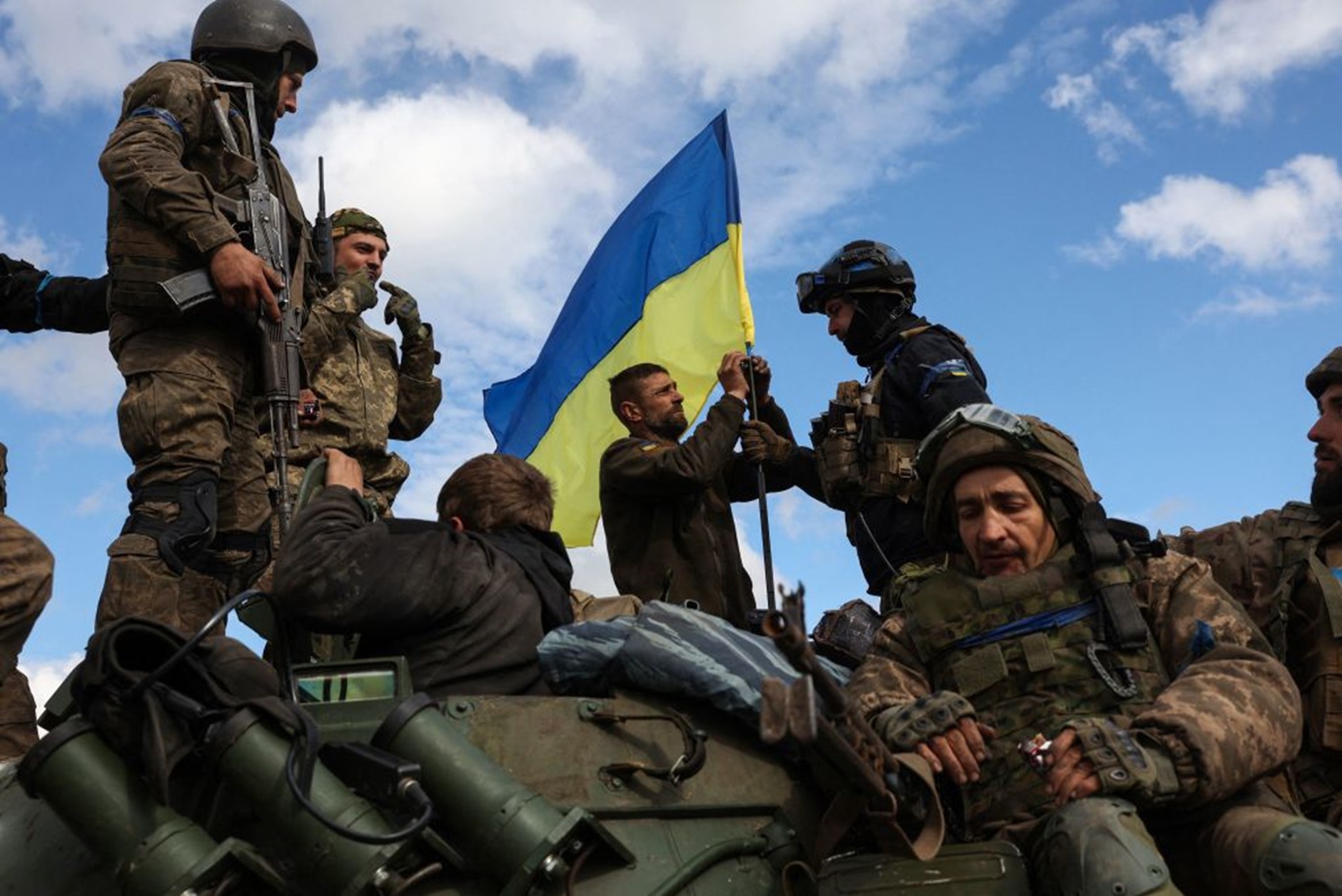
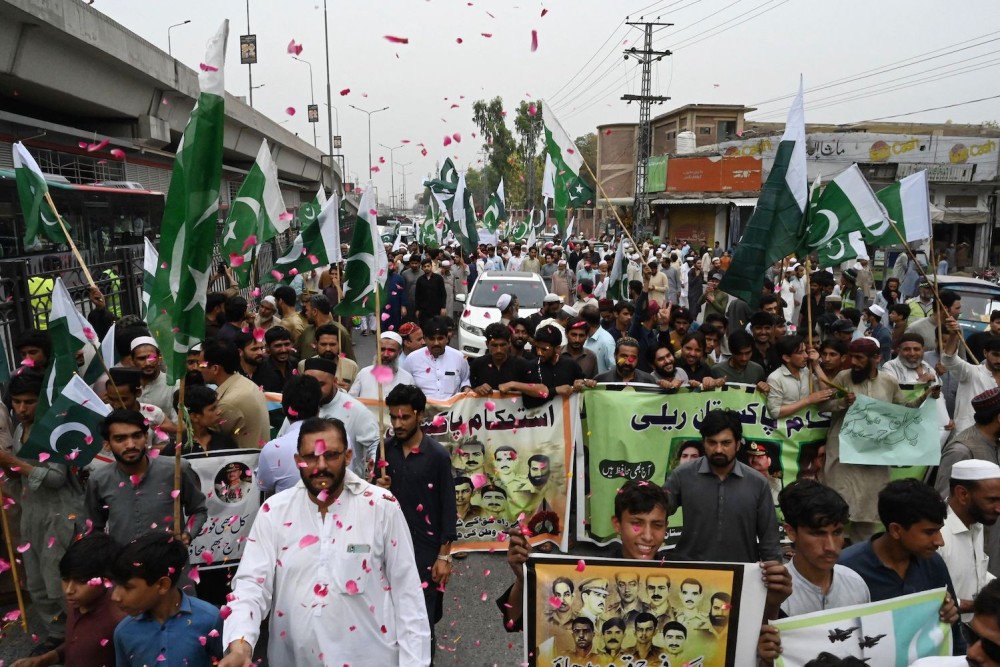
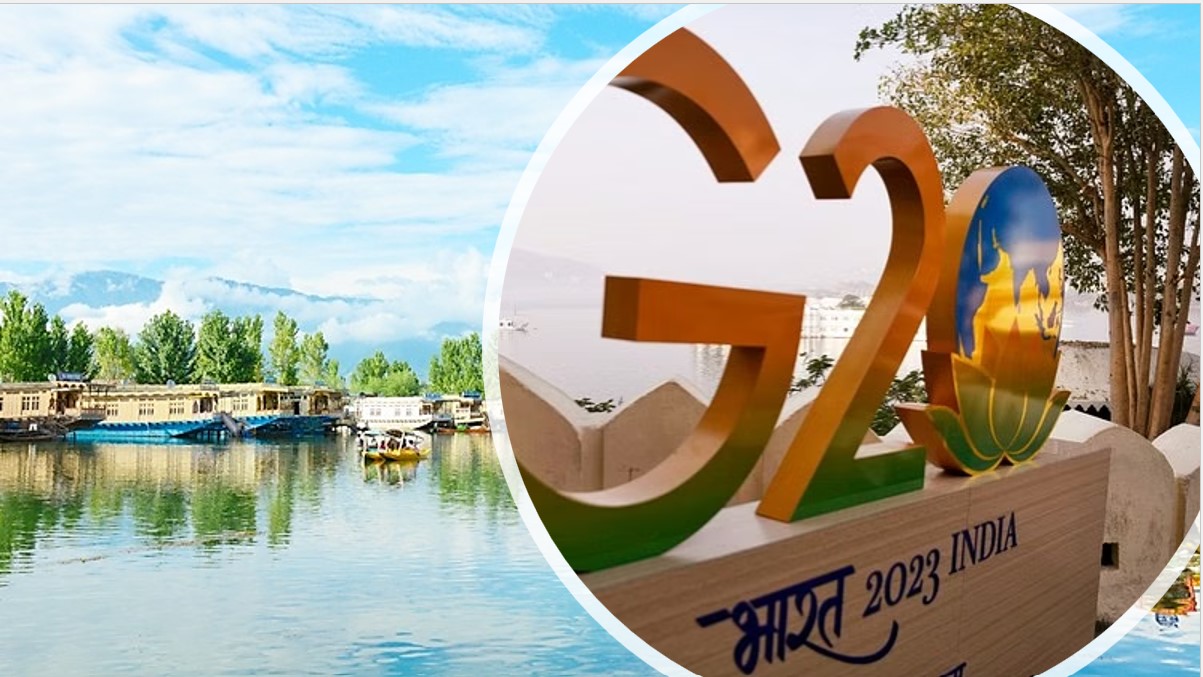
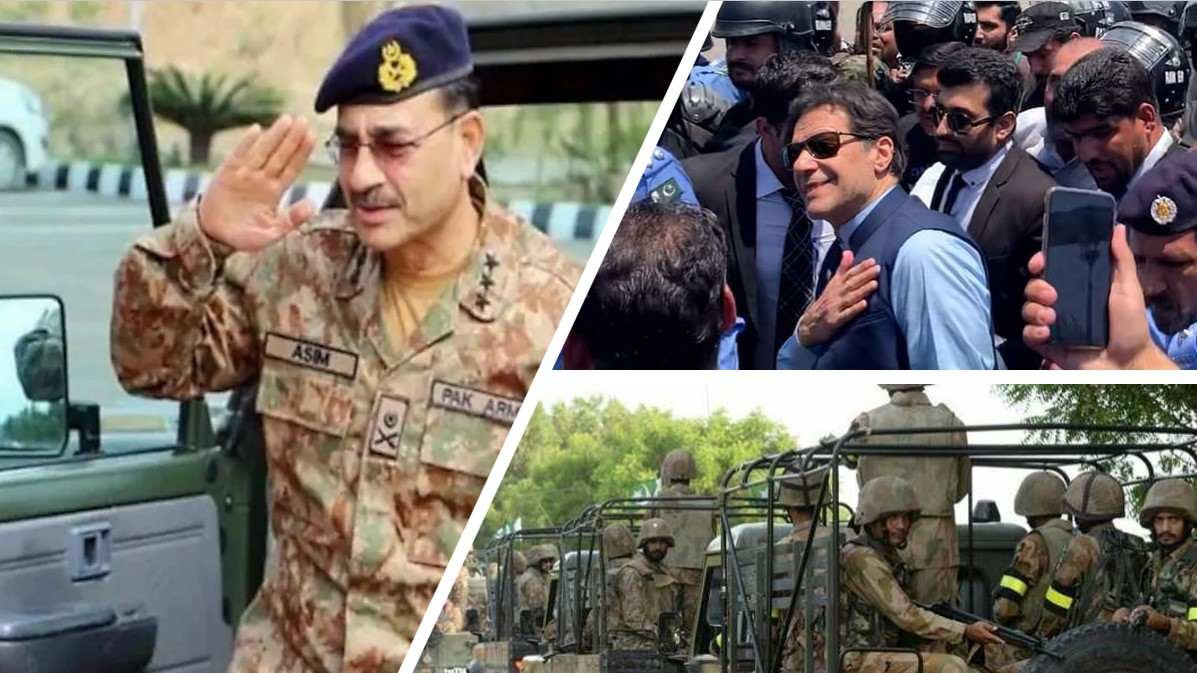
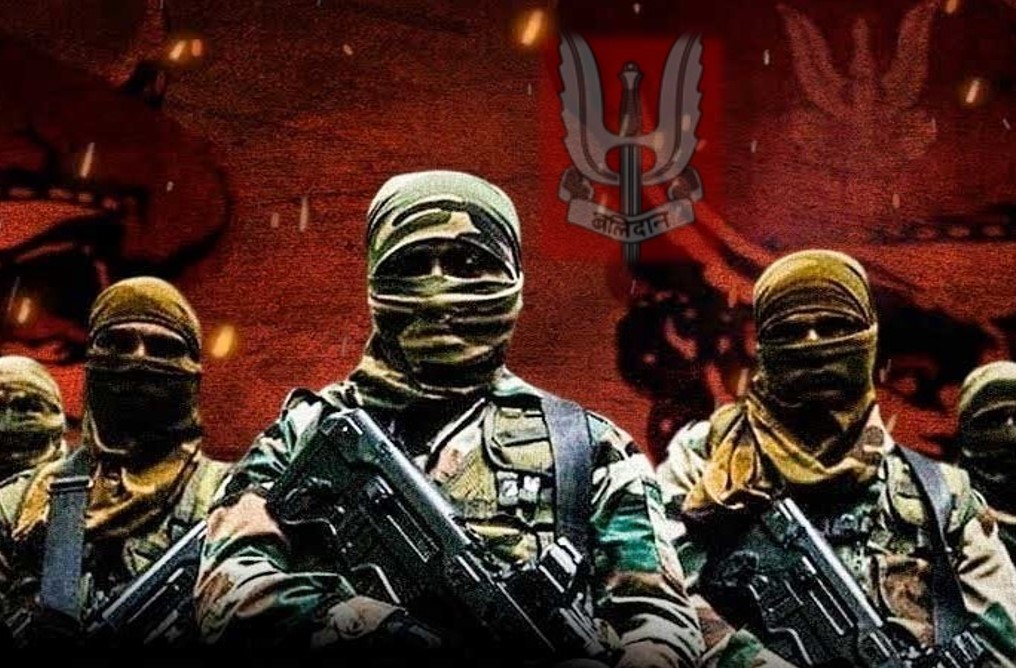
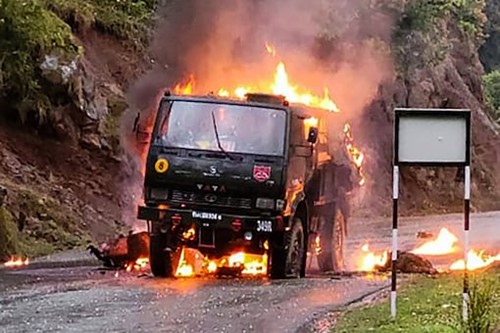
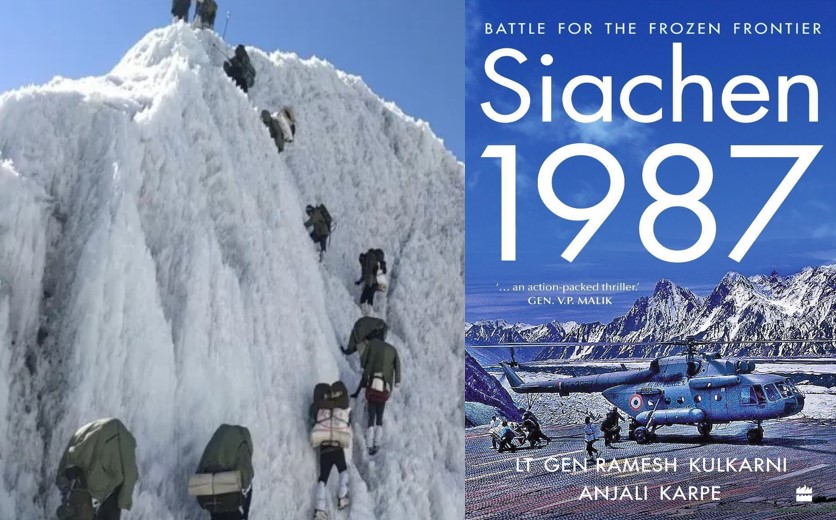
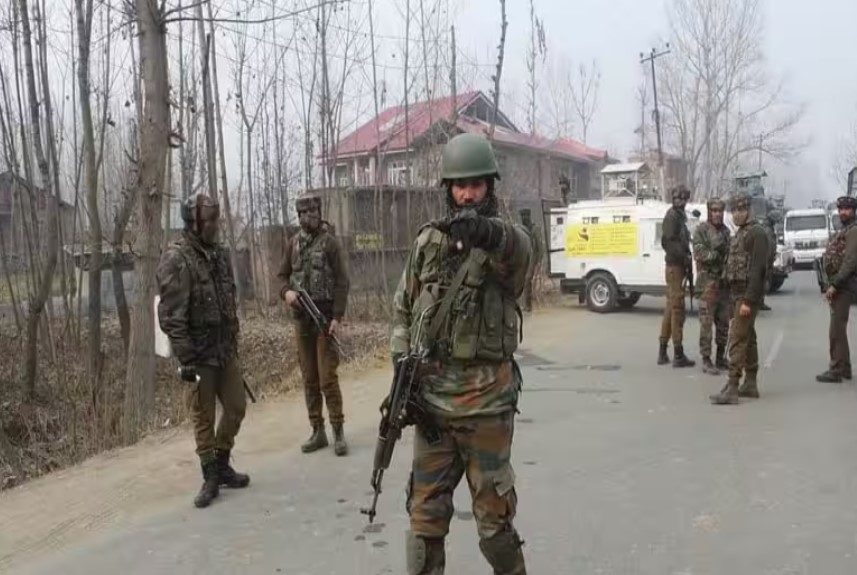
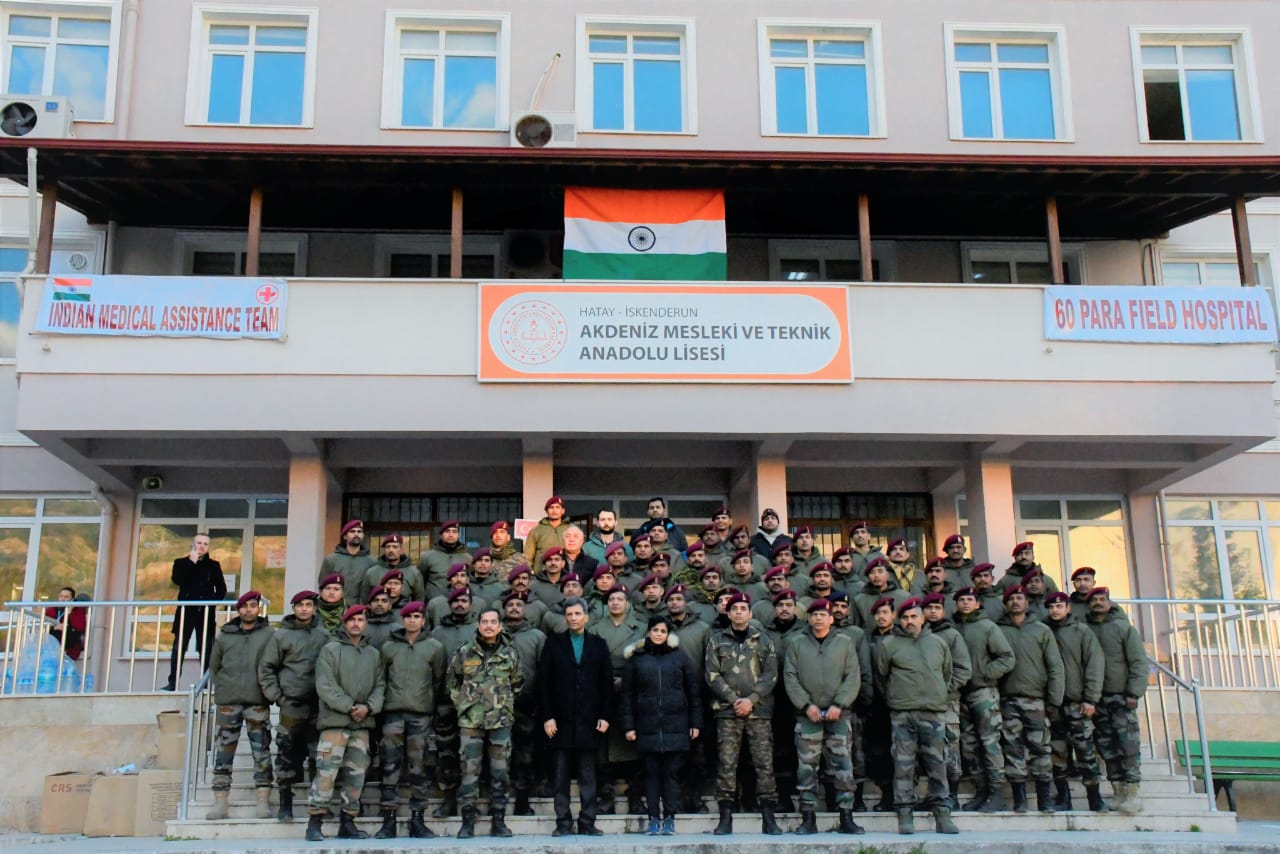
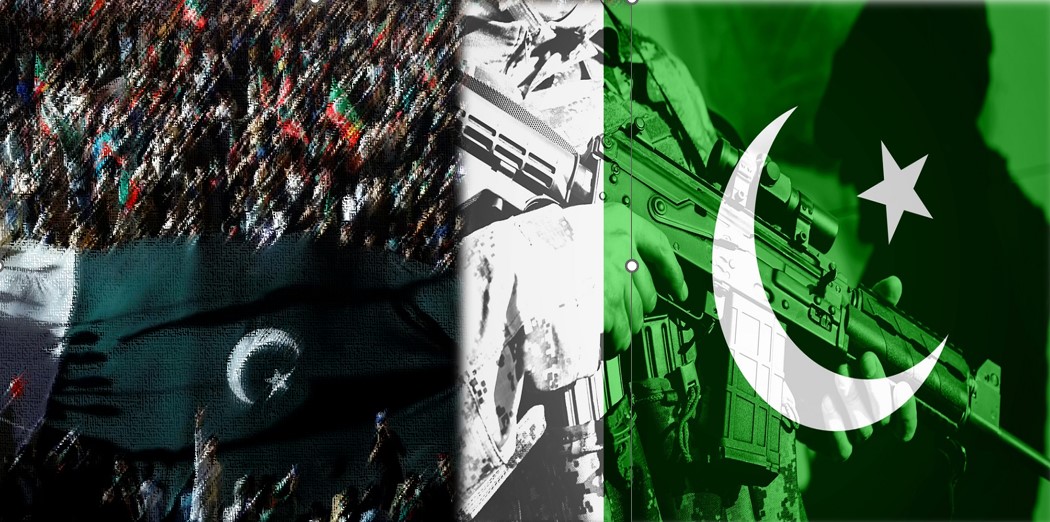






POST COMMENTS (5)
Col RC Patial
pratap
Col Alok Asthana
Palaksh sharma
Shaktiprasad Sarangi